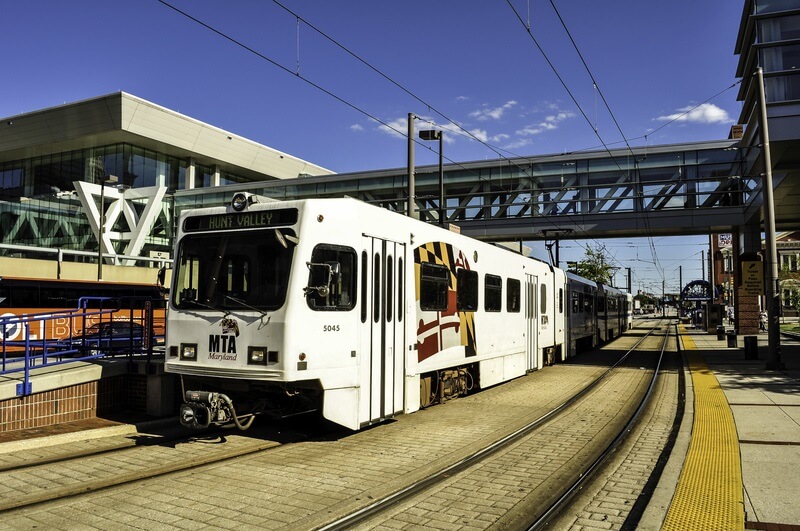
A group of state lawmakers wants to make equity a required part of any transit project or program decision.
Still smarting from a decision to cancel construction of the Red Line light rail project in Baltimore, lawmakers said more focus is needed on those who use public transportation — specifically low-income workers and minorities.
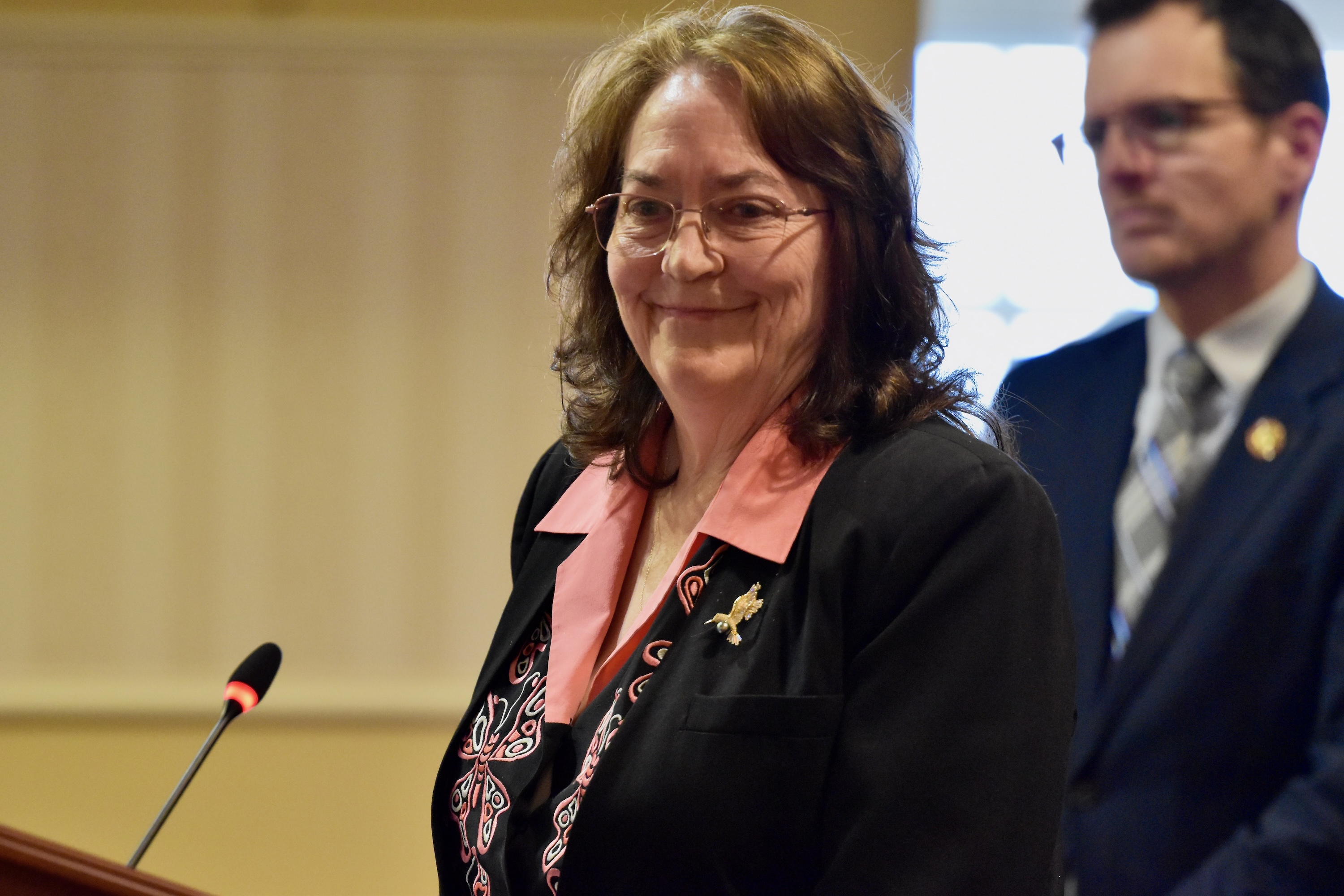
Sen. Jill Carter (D-Baltimore City) said some Marylanders live in a system of “transportation apartheid” and called for all transit projects to be reviewed through a lens of equity before implementing or canceling them. Photo by Bryan P. Sears
“People in Baltimore City and other places in the state are living in the equivalent of transportation apartheid,” said Sen. Jill Carter (D-Baltimore City), sponsor of Senate Bill 19. “This is a civil rights issue. Too often when it comes to equity issues, we talk the talk, but we refuse to walk the walk. This bill would change that.”
If passed, the bill requires the Maryland Transit Administration to perform a series of reviews before announcing major transit changes, including conducting an equity analysis. The agency must also complete a cost-benefit analysis and meet with affected communities. Those analyses and hearings must happen before announcing any major change in service or reducing or eliminating a transit project.
“The people who most need the benefits of transit are often the ones left behind: low-income communities redlined communities, immigrants, people with disabilities and others,” said Del. Sheila Ruth (D-Baltimore County), and sponsor of the identical House Bill 9. “The Transportation Equity Act codifies civil rights protections in state law to ensure that no matter who the next governor is, or the one after that, that proper analyses are done to ensure that transportation decisions don’t have disparate impact.”
Last year, Hogan vetoed the bill saying it may conflict with as yet to be released federal transit guidelines that are also expected to include equity analysis requirements.
In 2015, Hogan announced the cancellation of the 14-mile east-west light rail project that would have connected Bayview Medical Center in East Baltimore to Woodlawn in western Baltimore County. The governor at the time called the project an unaffordable “boondoggle.”
Ruth said a more in-depth review of the proposal could have saved it.
“If analyses had been done, it would have shown that far from being a boondoggle, the Red Line would have had a huge positive impact on the economic opportunity and air quality of the communities,” said Ruth.
The proposal by Carter and Ruth is one of five bills named a priority for the Maryland Transit Caucus.
This is the fourth session for the bipartisan group of 90 delegates and senators. The caucus advocates for reliable and sustainable transportation options in Maryland.
“Our agenda is really about moving people and again, literally impacts every corner of the state,” said Del. Jared Solomon (D-Montgomery), House co-chair of the caucus. “Most importantly, it’s about moving our state forward through an equity lens and through economic development as well. So we know transit and transportation literally touch on every facet of life for our residents in the state.”
Other priorities, which have identical House and Senate bills, include:
- Legislation creating a capital grant and revolving loan fund for transit-oriented development. The legislation would require annual funding of $10 million. Senate budget leaders are moving away from mandated spending items because new constitutional powers approved by voters in 2020 will give legislators more flexibility in adjusting the budget annually.
- A proposal requiring the State Highway Administration to include upgrades for pedestrian and cyclist safety when upgrading state roads. Such improvements include pedestrian crossings every one-fifth of a mile in areas where the population exceeds 10,000 people per mile.
- Ending mandatory increases in MTA fares tied to inflation.
- Setting minimum required funding levels for local transportation systems around the state.

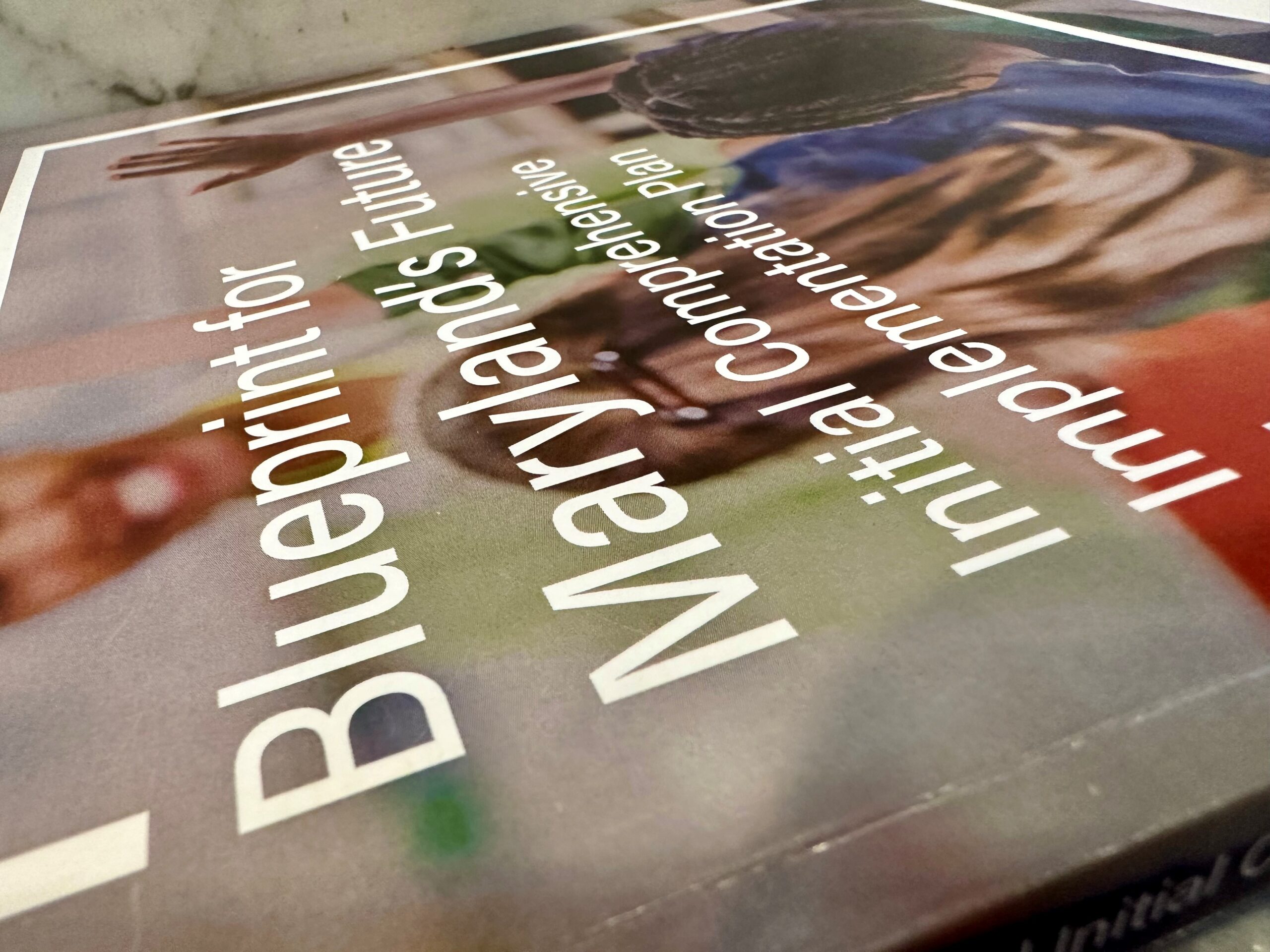
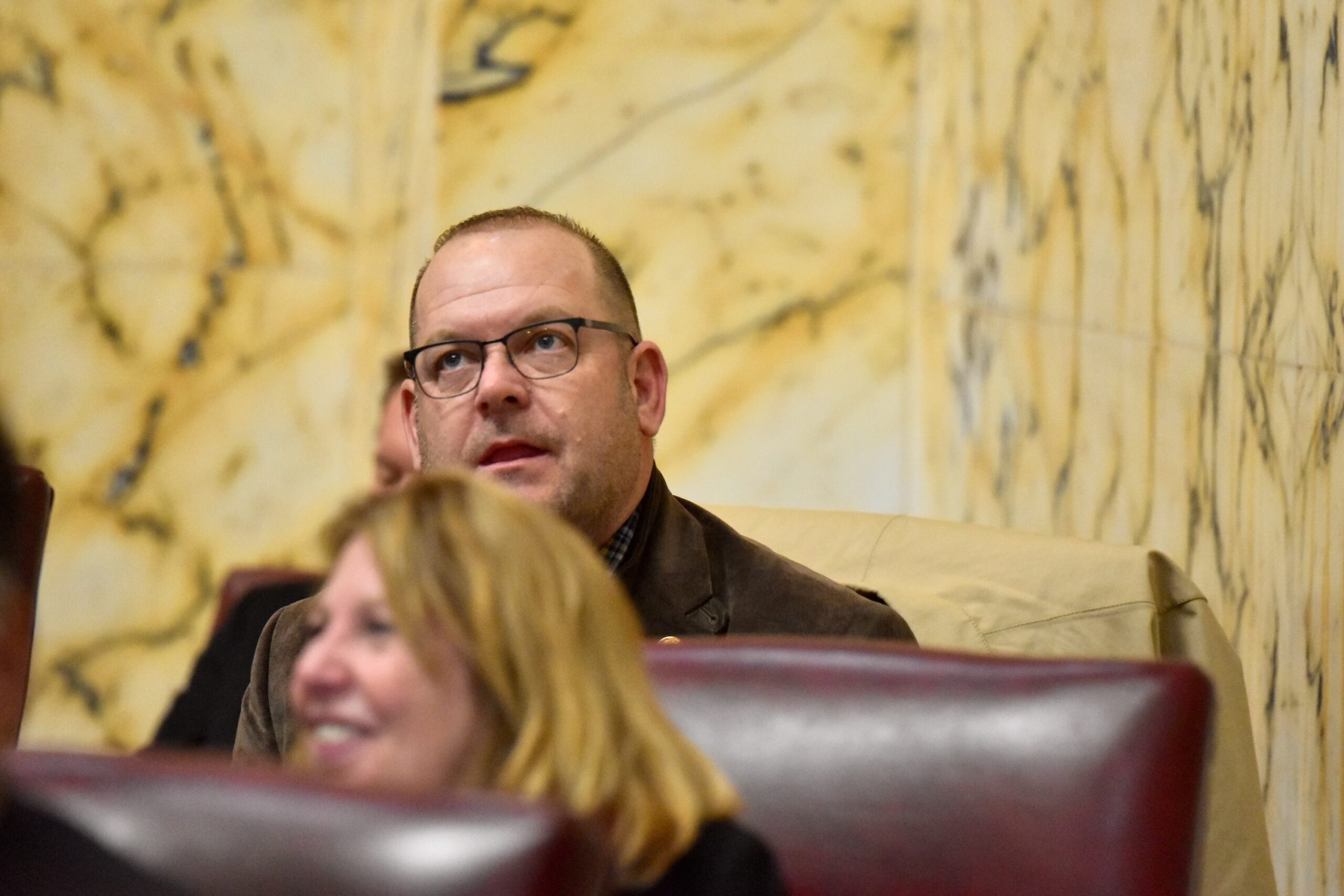
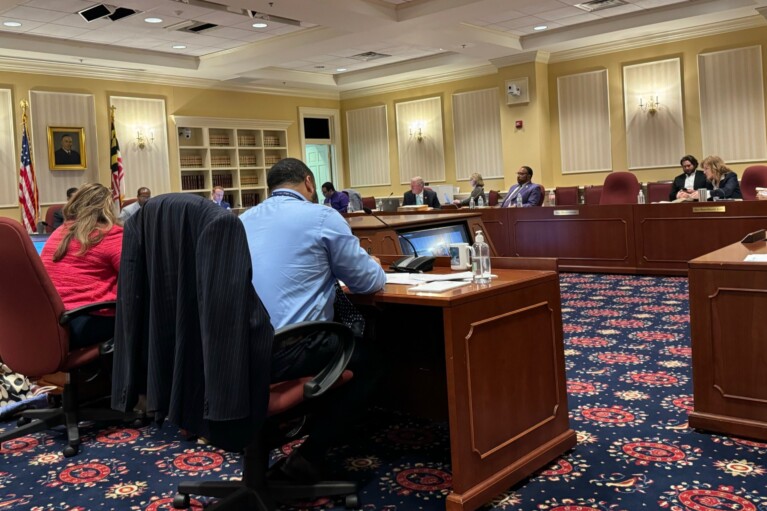
 Creative Commons Attribution
Creative Commons Attribution